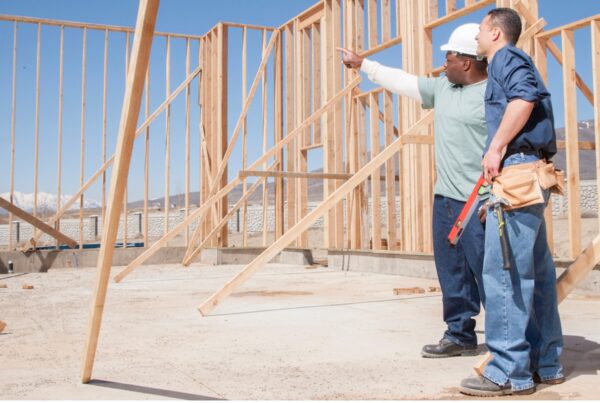Delayed payments. Sometimes even non-payment. Paying your subcontractors late is more than just an inconvenience.
This has been the name of the game in construction for decades. And it can lead to legal penalties. Here’s why.
Prompt Payment Act
In 1982, the United States enacted the Prompt Payment Act [US Code]. This act was originally intended to expedite payment from government agencies, but now offers protection for those in the construction payment chain. Contractors, subcontractors, and suppliers are protected under the act from late payments on federally-funded projects.
So as long as you’re working on a project funded by the federal government, late payments shouldn’t be an issue.
Prompt Payment by State
Unfortunately, most construction projects aren’t federally-funded. To help, most states have created their own prompt payment laws for private and public construction projects. Nearly 75% of states have laws that require payment to be made within 30-45 days [Government Accountability Office].
New Hampshire is the only state that doesn’t have a prompt payment law in place for public projects, and 17 states don’t provide protection for private projects [AGC]. These states include:
● Alaska
● Arkansas
● Colorado
● Idaho
● Indiana
● Iowa
● Michigan
● New Hampshire
● New Jersey
● North Dakota
● Rhode Island
● South Dakota
● Virginia
● Washington
● West Virginia
● Wisconsin
● Wyoming
Legal Penalties
For businesses that operate in states that have prompt payment laws, or those that work on federally-funded projects, there are legal penalties for paying your subcontractors late. Most of the penalties include a 2% interest for every month payment is delayed, on top of the payment amount owed to the subcontractor [Stimmel Law].
Keep in mind that most penalties only apply to prime contractors who have already been paid by the owner or party above them on the payment chain. In most cases, you can’t be penalized for late payment if you yourself have yet to be paid.
In a 1998 prompt payment dispute in California, a school district hired a contractor to build a gymnasium and football stadium. The contractor hired various subs to help with the work, and one of the subs breached the contract and was accidentally overpaid. He left the job, leaving the prime contractor scrambling to pick up the pieces. The prime hired more subs to finish the work, and when the project was complete, he was paid in full by the school district. He was still scrambling from the breach of contract, and failed to pay the new subcontractors their portion. The subs filed a prompt payment dispute with the state and were eventually awarded payment in full with a 2% interest and an additional amount of money to cover legal fees etc [Stimmel Law].
Wouldn’t everything have gone much more smoothly if the prime contractor in the case had been more on top of his payment tracking? Managing his payments and paying all the subs on time would have saved him thousands of dollars in the long run.
CoFi is the Solution
As the world is evolving, so is the construction industry. CoFi’s technology exists to ease the pain points in construction lending and payments. Our state-of-the-art construction payment software can seriously improve the efficiency of your business. Draw processes are simplified, tracking is streamlined, and late payments are a thing of the past.
With CoFi, there’s no more concern over paying your subcontractors late. Invest in your company, and you’ll reap the rewards. Schedule a personalized demo today and see how CoFi can help your company evolve.








